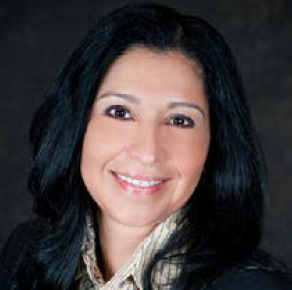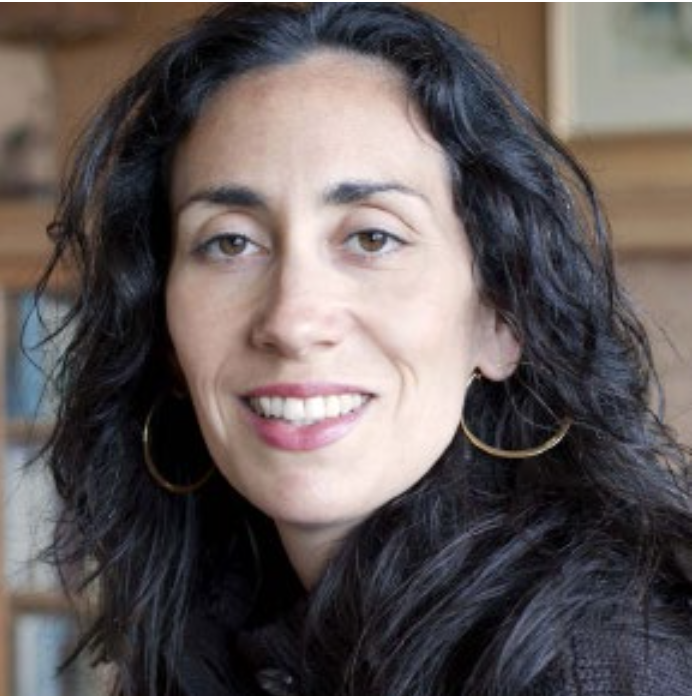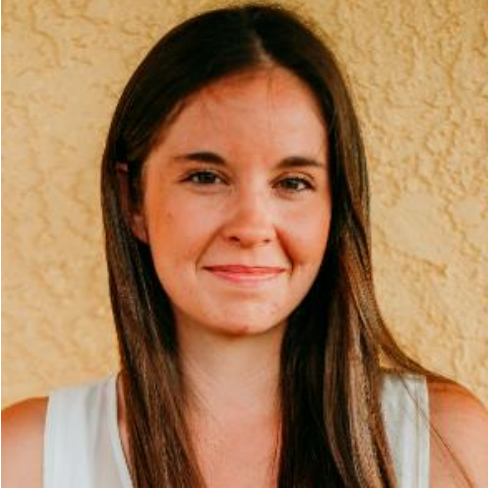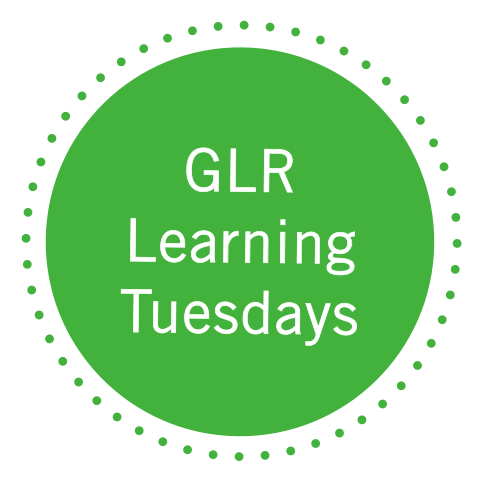
- This event has passed.
Emergent Bilinguals and English Language Learners: The Sturdy Bridge
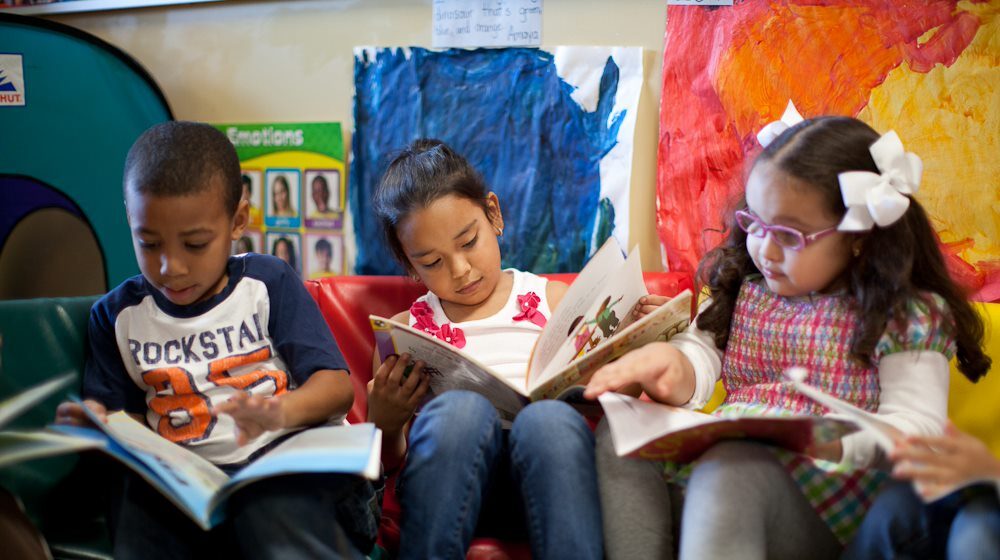
In the first of GLR Learning Tuesdays new Kindergarten Matters webinar series, CGLR partnered with Sobrato Philanthropies. In the above quote, Anya Hurwitz of Sobrato Early Academic Learning (SEAL) emphasized the inherent potential of our country’s diverse children and underscored a need for the evolution of our schools to better serve emergent bilinguals.
Karla Ruiz with Sobrato Philanthropies moderated the conversation and set the scene for the importance of utilizing kindergarten as a foundational stage for ensuring that essential elements seamlessly integrate into the broader educational journey of each child.
“It’s become really clear how important it is in this moment, where so much is happening in education, to leverage kindergarten as that sturdy bridge between early learning — where developmental, culturally responsible practices and family engagement are really core — and the later grades,” Ruiz reflected.
Ruiz first engaged Melissa Castillo, Ed.D., of the Office of the Secretary within the U.S. Department of Education in a discussion about Secretary Miguel Cardona’s Raise the Bar Initiative, launched with the intention of lifting up three goals to achieve academic excellence, boldly improve learning conditions and create pathways for global engagement. Castillo then discussed the “three key levers” aimed at providing every student with a pathway to multilingual wisdom: equitable access for English learners, a diversified bilingual/multilingual educator workforce and quality bilingual education for all. Before closing, Castillo directed attendees to visit NCELA.ED.GOV to access over 57,000 resources, including the English Learner Family Toolkit, designed to help families and educators stay connected with tips, tools and resources to help navigate the education system.
“At the Department, we want to model and exemplify what it means to ensure that families and students have access [to resources] in a language that they understand,” Castillo closed.
Ruiz then engaged Anya Hurwitz in a discussion about SEAL’s P–3 Framework, which “aims to help the field more fully center multilingual learner/English learner students.” Hurwitz spoke to the development of the P–3 Framework, referring to the significant and growing population of English learners in California and across the nation. The P–3 Framework, Hurwitz explained, was developed to provide “research-based, joyful, culturally and linguistically responsive instruction pathways across the P–3 continuum.” Hurwitz explained that the Framework includes Eight Key Understandings and Eleven Overarching Principles, which help guide readers in addressing and dismantling the long history of exclusion and inequity regarding language status. She said, “We are still operating within systems that were built in deeply inequitable ways.”
Hurwitz closed with a powerful reminder about the importance of kindergarten as an entry point to this work: “Our English learners experience tremendous language loss when a kindergartner walks into school for the first time, and they are told to leave their language and culture at the door. Implicitly or explicitly, language loss begins immediately….It is our hope that leaders will use the framework to reflect on their systems and practices and that it can be a tool for learning, planning and implementing.”
Ruiz then engaged with Shantel Meek, Ph.D., of The Children’s Equity Project at Arizona State University, who provided a reminder to attendees that “dual language education is an issue of equity and civil rights” because “if we don’t provide dual language education, we’re initiating a disadvantage for a large population of children from the start.” Meek went on to share data that reflected that English learners who have access to dual language education become more proficient in English more quickly, they outperform their peers in other subject areas, they reach academic norms, they exit English learner designation faster, and they, of course, become biliterate. To expand on this importance, Meek referred to multiple economic studies that point to the success of biliterate individuals in our global economy.
“We have lots of data on the benefits of bilingualism. We know that ELs and DLs are bringing this gift from home. Instead of aligning with that research and that science, we’re doing the opposite, where in this nation, about 92% of ELs are not in dual language programs….This is one of the most profound misalignments that we see,” concluded Meek.
Lastly, attendees heard from Lydia Acosta Stephens with the Multilingual and Multicultural Education Department in the Los Angeles Unified School District. As a renowned former principal in LAUSD, Stephens spoke to the importance of witnessing the Framework and approaches in practice. She stated, “My dream would be that in our country, from that moment of first enrollment, [the family] is congratulated for having another language at home.” Expanding off that vision, Stephens spoke to the work she does in the Multilingual and Multicultural Education Department, in which LAUSD delivers Biliteracy Pathway Awards to families starting in their learner’s kindergarten year, all the way through 12th grade. Stephens shared that the implementation of the SEAL P–3 Framework has furthered their success in this program, leading to over 20,000 awards being issued.
“What is your role in everything that we do from the moment a child comes into our public education system? Because when that child walks onto campus…all of those spaces should be validated from their Indigenous language. Tell me more. I want to hear you speak in your home language, teach me a few phrases….We’ve been missing the human piece of it,” stressed Stephens.
Panel
